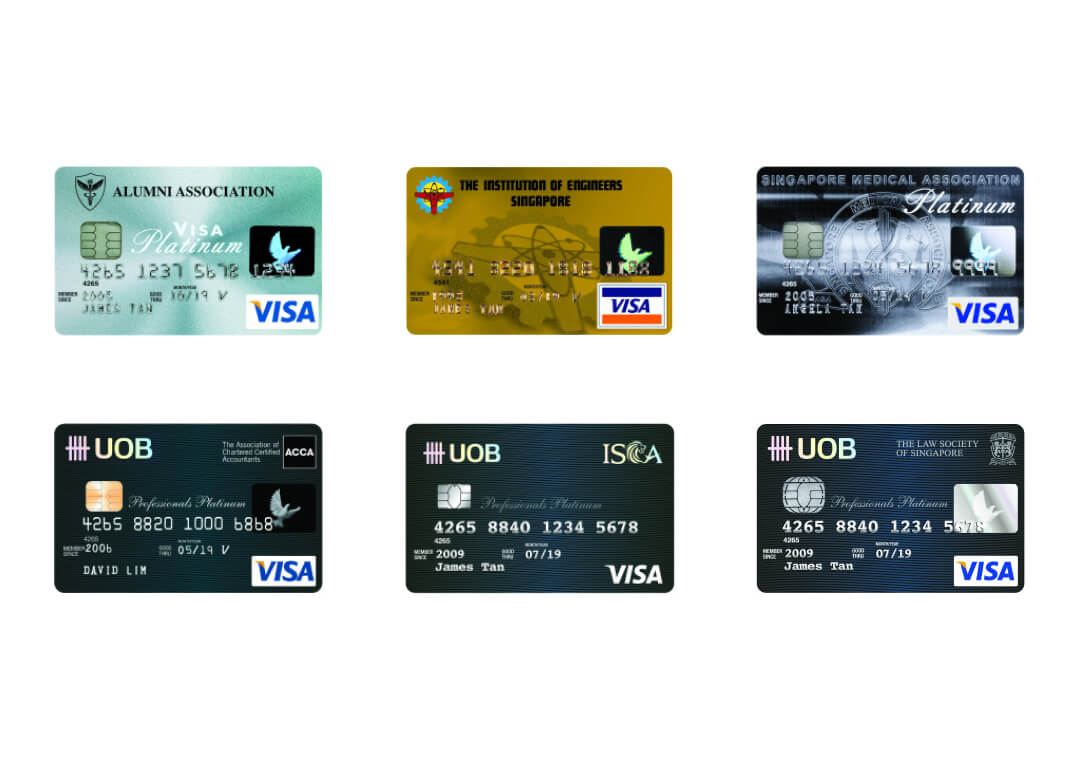
Deciding to cancel a credit card can be driven by various reasons, such as high annual fees, insufficient rewards, or poor customer service. Whatever the motive, it’s crucial to approach the cancellation process thoughtfully to avoid any negative impact on your credit score.
Understanding the Right Time to Cancel Your Credit Card
Signs it might be time to let go:
- High Annual Fees: If the costs outweigh the benefits, especially if the rewards don’t justify the fee.
- Inadequate Credit Limit: If your credit limit remains low despite a good payment record, and better options are available.
- Unsuitable Rewards: If the rewards program doesn’t align with your spending habits.
- Subpar Customer Service: If interactions with customer service are consistently unsatisfactory.
- Underused Perks: If you’re paying for perks like airport lounge access but rarely use them.
- Life Changes: Significant shifts in your financial situation, such as a job loss, might necessitate reevaluating your credit needs.
- Debt Management: If you’re trying to curb debt, closing a card after clearing the balance might prevent further spending.
- Better Offers: If there are more competitive cards available with lower fees or better benefits.
- Security Issues: If you’ve had repeated security problems with the card that weren’t adequately addressed.
Steps to Take Before Cancelling Your Credit Card
1. Evaluate Credit Utilisation: Your credit utilisation ratio, which should ideally stay below 30%, might increase if you cancel a card. This can negatively affect your credit score. Ensure your total available credit across other cards is sufficient to keep your utilisation low.
2. Redeem Rewards: Use any remaining rewards—points, air miles, or cashback—since these are typically forfeited upon account closure.
3. Update Automatic Payments: Switch any automatic payments linked to the card to another payment method to avoid disruptions.
4. Clear Outstanding Balances: Ensure all dues are paid off to avoid complications in closing the account.
How to Cancel Your Credit Cards
Contacting Your Bank: Each bank has its procedures, but most require you to call their customer service. Here’s how you can cancel your credit card with various banks in Singapore:
- American Express: Call the number on the back of your card.
- Citibank: Dial 6225 5225 to reach customer service.
- CIMB: Either call 6333 6666 or submit a cancellation form.
- DBS: Use the chatbot on the DBS website for online cancellation.
- HSBC: Use the HSBC website or app’s chat feature.
- Maybank: Call 1800 629 2265.
- OCBC: Call 6363 3333 or use the maintenance form.
- POSB: Call 1800 339 6963 or send a written notice.
- Standard Chartered: Use the online banking website or app.
- UOB: Use the UOB TMRW app or call 1800 222 2121.
Impact on Your Credit Score
Cancelling a credit card can affect your credit score in a few ways:
- Credit Utilisation: An increase in utilisation can lower your score.
- Length of Credit History: Closing an old account can reduce the average age of your credit accounts.
- Credit Mix and Account Diversity: Reducing the number of active accounts can affect your score negatively.
Cancelling credit cards can be a useful financial decision for several reasons, each relating to managing personal finances more effectively and avoiding unnecessary costs:
Reducing Annual Fees: Some credit cards come with high annual fees that may not be justifiable if the benefits or rewards do not match your spending habits or lifestyle. Cancelling such cards can save you money.
Simplifying Finances: Having multiple credit cards can complicate your financial management. Each card comes with its own billing cycle, credit limit, terms, and fees. Reducing the number of cards can help streamline your finances and make it easier to track spending and manage budgets.
Avoiding Debt: Credit cards make it easy to spend money you don’t actually have, potentially leading to debt. If you find yourself frequently spending beyond your means or struggling to pay off the balances, cancelling some of your credit cards can be a step towards controlling your spending.
Improving Credit Score Management: While cancelling a card can temporarily impact your credit score by affecting your credit utilization ratio, in the long run, having fewer cards can make it easier to maintain a lower credit utilization rate, which is beneficial for your credit score.
Eliminating Poor Value Cards: If a credit card’s rewards or benefits have been reduced over time or no longer align with your needs, cancelling it can make way for you to explore other cards that offer better value based on your current spending patterns and goals.
Minimizing Fraud Risk: Each additional credit card increases your exposure to potential fraud. Reducing the number of active cards can decrease the likelihood of fraudulent charges and simplify the monitoring of your accounts.
Psychological Benefits: Reducing reliance on credit cards can also reduce financial stress, as you might feel more in control of your spending and less burdened by potential debt.
In conclusion, cancelling a credit card should be considered as part of a broader financial strategy that aims to reduce costs, simplify financial management, reduce debt exposure, and align with your financial goals. Before making the decision, it’s important to consider how it might impact your credit score and overall financial health in both the short and long term.
By understanding these factors and planning accordingly, you can minimise any negative impact on your credit score when you decide to cancel a credit card. Remember, the goal is to manage your finances more effectively while maintaining a healthy credit profile.


